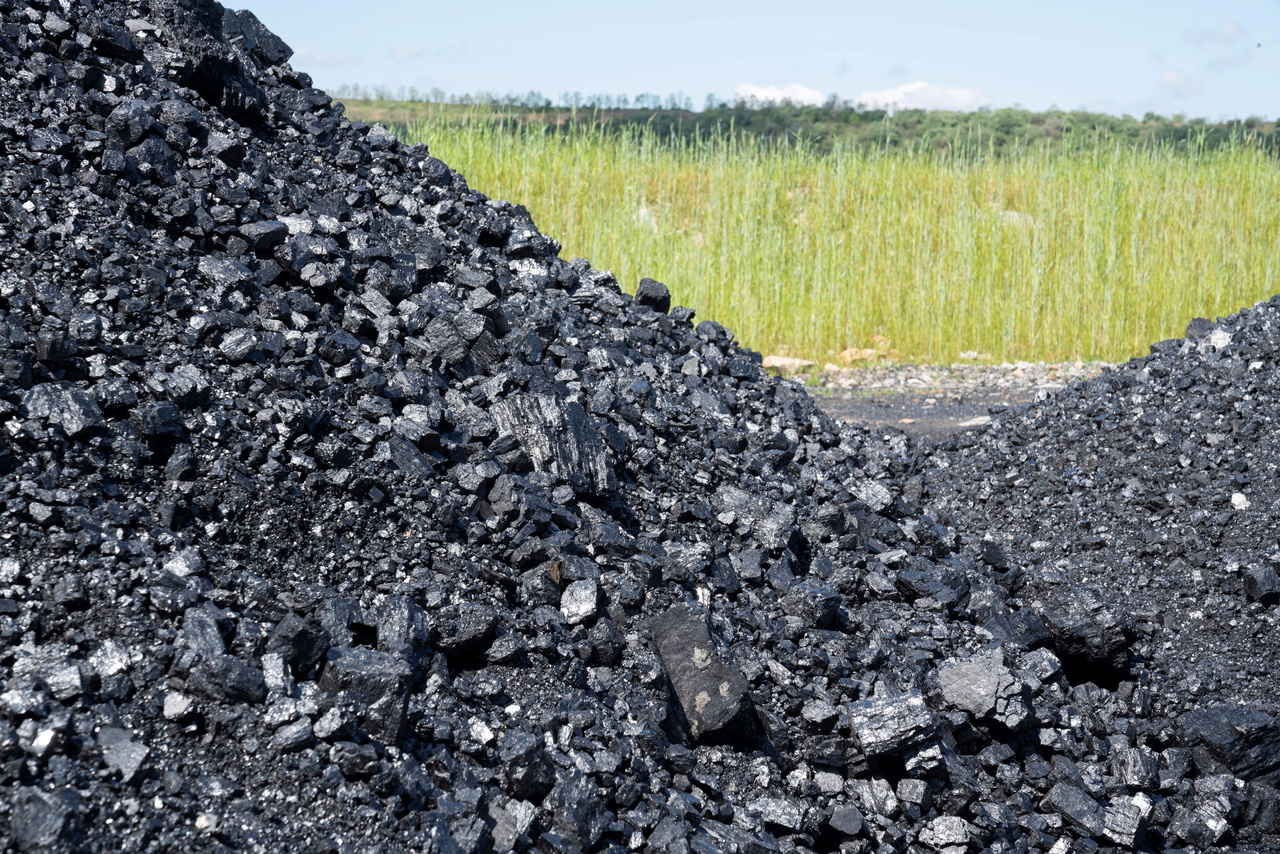Australia vows to keep mining coal despite climate warning
Sign up now: Get insights on Asia's fast-moving developments

Researchers warn that 89 per cent of global coal reserves - and 95 per cent of Australia's share - must be left untouched.
PHOTO: REUTERS
SYDNEY (AFP, REUTERS) - Australia vowed on Thursday (Sept 9) to keep mining coal for export and said global demand was rising, rejecting a study that warned nearly all its reserves must stay in the ground to address the climate crisis.
Researchers warned in a study published in the journal Nature this week that 89 per cent of global coal reserves - and 95 per cent of Australia's share - must be left untouched.
Such restraint, they said, would still only offer a 50 per cent chance of limiting warming to 1.5 deg C above pre-industrial levels - the current global goal.
But Prime Minister Scott Morrison said on Thursday Australia's energy exports were needed to power developing countries, and predicted that technology would enable them to be burned "in a much more climate-friendly way" in future.
"We will keep mining the resources that we're able to sell on the world market," Mr Morrison told a news conference when asked if he would put an "expiration date" on the coal mining industry.
"We obviously anticipate that over time, world demand for these things may change."
Under existing agreements, developing countries are able to use Australian resources "well into the future", Mr Morrison said.
Negotiators from 196 countries will join the 26th edition of the UN Climate Change Conference of the Parties - commonly referred to as COP26 - in the Scottish city of Glasgow in November.
The 12-day meeting, the biggest climate conference since landmark talks in Paris in 2015, is seen as a crucial step in setting worldwide emissions targets to slow global warming.
Climate scientists warn that extreme weather and fierce fires will become increasingly common because of man-made global warming.
Environmentalists argue that inaction on climate change could cost Australia's economy billions of dollars as the country suffers more intense bush fires, storms and floods.
But Canberra has refused to adopt a net-zero emissions target and remains one of the world's largest fossil fuel exporters.
Australian Resources Minister Keith Pitt said coal remained Australia's second-largest export, after iron ore.
Coal exports brought in A$50 billion (S$49.6 billion) a year and the industry provided direct jobs for 50,000 Australians, he said.
"The reality is that global demand for Australian coal is increasing and forecast to continue rising into the next decade at least," Mr Pitt said in a statement, promising coal industry workers they had a "long-term commitment" from the government.
Separately, Adani Enterprises' Australian coal unit said on Thursday that it has begun recruiting to fill 280 permanent operational positions for its controversial thermal coal mine in Queensland state.
The Carmichael coal mine was a swing factor in Australia's 2019 election that helped deliver a surprise victory to the conservative Liberal-National coalition government, attracting votes from locals who sought more jobs in the area.
Mr David Boshoff, chief executive of Bravus Mining and Resources, said the Adani unit planned to recruit primarily from Townsville and Rockhampton, two regional towns that are a source of fly-in-fly-out workers.
The company would also tap other local towns for roles, including for haul truck drivers, maintenance workers and other trades, Mr Boshoff said.
The company has said the 10 million tonne per year mine is on track to export its first shipment amid soaring prices for the raw material by the end of the calendar year.
The mine and rail project, which created around 2,600 jobs during construction, has been a flashpoint for groups worried about the impact of burning fossil fuels on climate change.


